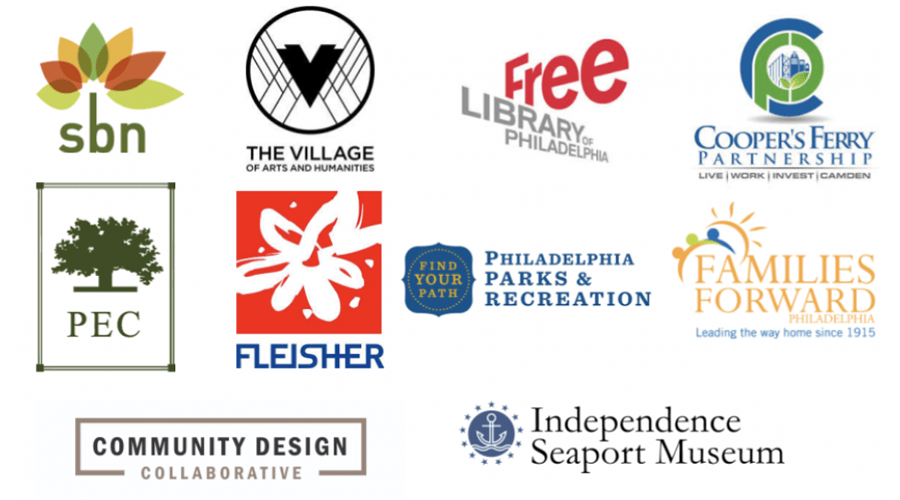
ImpactED launched the Social Impact Collaborative (SIC) in 2016, with support from the William Penn Foundation (WPF). The initiative equips William Penn Foundation grantees with the information, skills, and tools they need to use data to accelerate social change.
In 2020, with continued partnership from WPF, we completed our second cohort of the program! Across both cohorts, we’ve supported 20 local organizations with diverse missions and focus areas, including education, arts and culture, public space, and sustainability. The program provides participants with group training sessions, differentiated coaching, online resources, and vital opportunities for peer learning.
Now more than ever, organizations need to collect data in a way that strategically responds to the needs and goals of the communities they serve. To understand the impact of the program, we interviewed one of our organizational participants, Philadelphia Parks & Recreation. We asked them questions about their motivation for participating in the SIC, their experience in the program, and their most valuable lessons learned.
Tell us a bit about your background and organization.
My name is Andrew Viren. My talented teammates and I work at Philadelphia Parks & Recreation. We’re a really big organization and are in every neighborhood in Philadelphia. Essentially every resident or visitor who is in Philadelphia has access to our programs and services.
When you first started engaging in the Social Impact Collaborative, what were your goals? What did you hope to learn?
Our team wanted to make the evaluation of our programs more meaningful for our field staff. To do that, we needed to improve how we shared what we were learning from our evaluation efforts with them. By closing this loop, we felt we could help our field staff not only to better see the impact of what they do every day, but also show how it can be measured and presented to a broader audience.
We were also trying to learn a little bit more about our summer camp and other programs so we could talk about them in a way that we hadn’t been able to do before. We’ve been doing what we’ve been doing the same way for a lot of programs for over 50 years. We knew intuitively the impact our programs had on kids, residents, and communities. But we wanted to be able to better describe the “Why?” we do what we do.
What did you think about evaluation when you started in the SIC? How did this change over the program?
SIC has helped us learn new ways to approach evaluation at Philadelphia Parks & Recreation. We have been able to better align what we’re evaluating with what we’re trying to achieve in the long term. We now know how to evaluate things in a way that helps us track our progress toward long-term outcomes. One big surprise that I’ve had over the past year was how practical and approachable evaluation can be if it’s framed in the right way. The way that SIC presented the process and the templates they provided simplified my own approach to evaluation, in turn making it more approachable to others in my organization.
What was most impactful about your SIC experience? What did you take away from the program?
The most impactful thing for Philadelphia Parks & Recreation has been the democratization of evaluation. In other words, we’ve been able to bring more voices into this work, and into how and what we evaluate, whether it was with colleagues who didn’t have anything to do with evaluation in the past or parents who participated in our focus groups. We were able to hear from these new voices directly, and identify new data champions, who want to collect and use data to improve what we are doing on the ground. By bringing in these new voices, I think we make our evaluation that much more valuable and valid.
What recommendations or suggestions would you share with other organizations engaging in evaluation and learning?
One of the lessons that we really took home during the work over the past year was to not let the perfect be the enemy of the good. My recommendation for other organizations would be to just get started with one iteration of the work and really allow yourself to learn from your mistakes. What’s most important is to dig in and make a real commitment towards the work.
We’d like to express our appreciation for the hard work all of our organizational participants have put in over the past two years. THANK YOU all for trusting us through this process.
To learn more about the SIC, check out this video and hear directly from participant organizations, or take a look back at our previous SIC blog posts detailing the progress we’ve made over the last few years.
Please email Impact-ED@sas.upenn.edu for information on future cohorts or supports.



